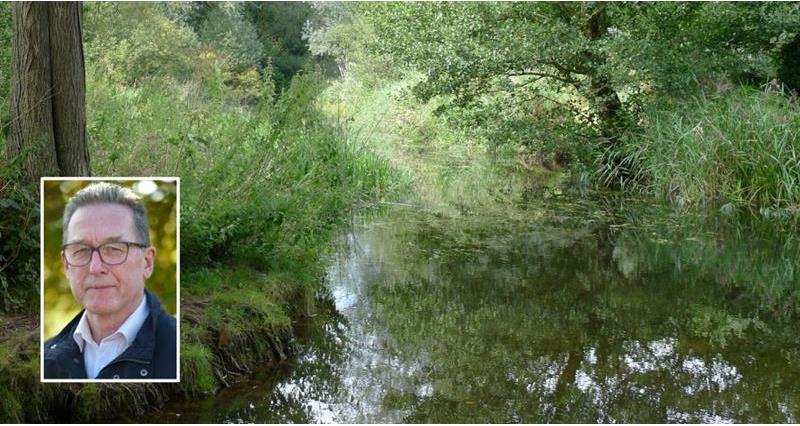He writes:
With autumn rainfall washing away our memories of how serious water shortages can be for farming, what might the New Year have in store for us?
Although much of our farmland has recently been water logged or under water, we still face an underlying drought risk in the east – admittedly receding fast although the flows of some of our rivers remain stubbornly below normal.
There’s a big role out there for our research institutes and organisations like the UKIA and AHDB to help us to better understand what is going on, and to help farmers to meet the challenges of extreme weather events.
We are beginning to see some really interesting web-based tools emerge that can help farmers track weather patterns, river flows, groundwater levels and soil moisture conditions, and adapt their business planning accordingly.
The big picture discussion starts with public water infrastructure – what do we need and where in terms of bulk water storage and transfer, and how can we get some government commitment to provide the funds to build what is needed?
It makes sense that if the water companies can increase their resilience through new infrastructure, then farming can benefit either directly by taking advantage of the new resource themselves or indirectly by benefitting from reduced environmental stress in the catchment.
Multi-sector planning approach
We are a long way off building the infrastructure we need, but on the water resources front, the planning process has at least started.
Defra’s strategic water planning framework has divided England into five regions, and tasked each regional group with estimating the long term water supply and demand needs for all sectors – not just public supply.
This means that the NFU and therefore agriculture has a seat at the table for the first time – for the last 30 years water planning has meant public water company planning – and so we have this opportunity to promote our need for water security in agriculture to deliver food security for the nation.
If inclusion of farming in government’s multi-sector planning approach is a carrot for us, then the accompanying stick is the very real threat of increased regulation on abstraction.
Shelved because of the General Election, the Environment Bill will inevitably return in 2020 and it includes proposals to give the Environment Agency significant new powers to change abstraction rights without the need to pay compensation.
There are two aspects of the Bill that I find particularly alarming.
First, it proposes giving powers to the Environment agency to change licences to ‘protect the water environment from damage’ – which feels like a very widely drawn term.
Second, the Bill proposes that licensed ‘headroom’ volume may be removed where actual abstraction is consistently less than the licensed volume without any apparent recognition of the very erratic use of abstracted water in agriculture depending on crop rotation and weather.
If enacted, these new powers will apply to licences revoked or varied on or after 1 January 2028 to give time, in Defra’s view, for the catchment-based approach to bed in and for abstraction licensing to be moved into the environmental permitting regime.
That gives us some clue about Defra’s determination to solve water stress and water quality issues at the catchment scale – and farmers can at least play a part in finding local solutions to water management pressures.
The Environment Agency’s priority catchments programme gives farmers the opportunity to work with each other and with other sectors to improve the resilience of water use. Although the programme has been painfully slow to start, some momentum is now building giving us opportunities to develop and test innovative solutions to water challenges.
It might just be that focus on catchments gives us the best chance of securing a fair share of water for farmers, and recognition that water for food as an essential use in many of our crop growing catchments.
More from NFUonline:
